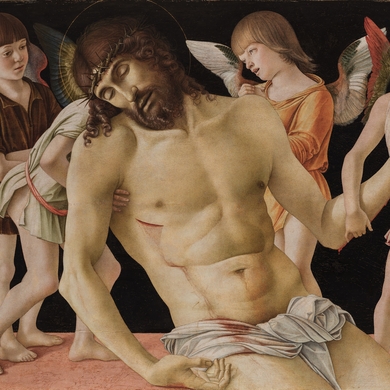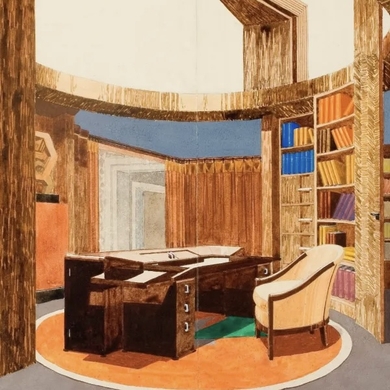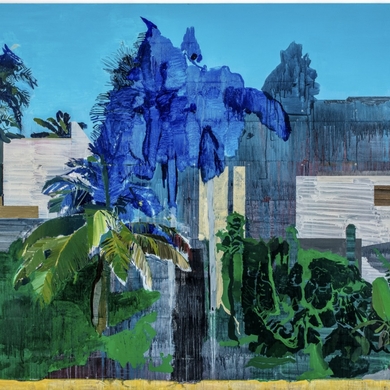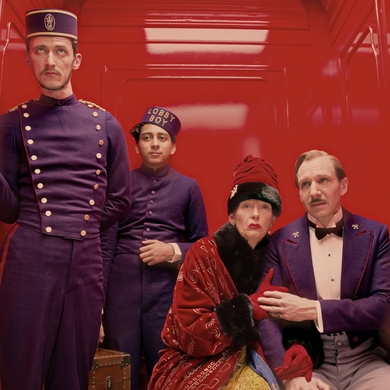It’s easy to fall in love with René Magritte’s symbolically charged Surrealism, but it was born of loss. When Magritte was 13, his mother drowned herself in the River Sambre; her body wasn’t retrieved until three weeks later. Already, absence and air were impressed upon him. As a young man living in Brussels, Magritte evolved from Impressionism to Surrealism. Although his first exhibition in a surrealist key, in 1927, was poorly reviewed, he found a niche in Paris with André Breton, Jean Arp, and Yves Tanguy. Still not making money, Magritte returned home in 1930. Interest in his work began in the 1960s, when his imagery influenced Pop, Minimalism, and Conceptual art. This important retrospective presents an in-depth survey of more than 100 works. —Elena Clavarino
Arts Intel Report
Magritte

René Magritte, The happy donor (L’heureux donateur), 1966.
When
Oct 26, 2024 – Feb 9, 2025
Where
Etc
Photo: Museum of Ixelles, Brussels © Copyright Agency, Sydney 2024



